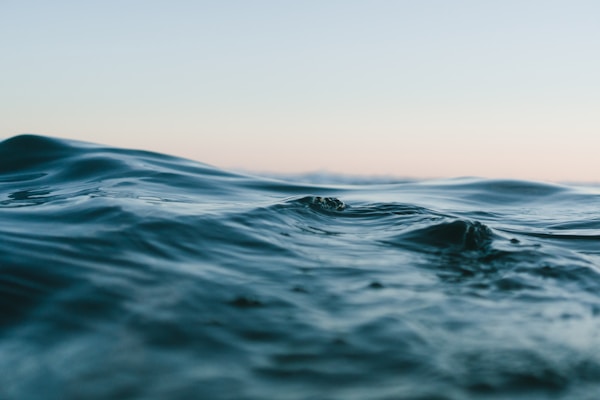
By En Qi Teo, Staff Researcher & Writer at Save The Water™ | January 29, 2021
Aquaculture, or the breeding of fish, shellfish and aquatic plants, plays an important role in providing food, as well as preserving endangered species of aquatic life. Aquaculture production has grown as international hunger for seafood increases. A UN Food and Agriculture Organization (FAO) report in 2018 shows that aquaculture is surpassing other food production in the world. While aquaculture may help solve food scarcity issues, it also causes disruptions to the surrounding ecosystem through ‘eutrophication.’ Eutrophication is what happens when too many nutrients, and other chemical pollutants, are released into bodies of water.
A 2017 World Bank study done on Vietnam, the Philippines, and China highlights several sources of water pollution from aquaculture:
Probiotics are live bacteria and yeasts that are identical or similar to bacteria or other microorganisms that live in our bodies. The health benefits of probiotics are well-known. They can be seen on the labels of food products and dietary supplements such as yogurt and some types of cheeses. Some examples of probiotics are Bifidobacteria, which helps us better digest food, and Lactobacillus, which helps our bodies process the lactose in milk.
A recent review paper summarized three main benefits of using probiotics in aquaculture:
Another benefit of probiotics is that they may help to boost the immune system of farmed fish, resulting in reduced disease spread. In turn, this will lessen the need to add medication or antibiotics to the water.
Because of their potential benefits, probiotics may be one way to keep water clean and healthy. They may reduce at least two of the main polluting effects aquaculture can have on water: the release of excess nutrients and the addition of unsafe chemicals. In fact, they could actually provide direct benefits to aquatic ecosystems.
The study of the effect of probiotics on water pollution is still in its early stages. Additionally, scientists must still research which types of probiotics to add for best results without causing unintended negative effects. However, this study has shown promising results for future research into using probiotics in aquaculture to reduce water pollution.